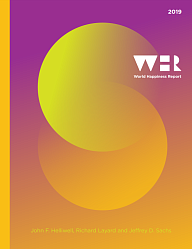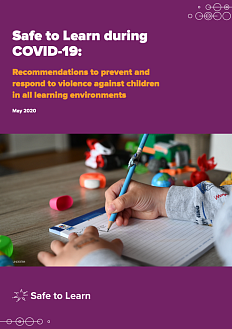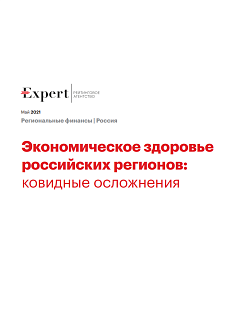Topicality of the World Happiness Report
The 2019 edition is the 7th in the series of happiness reports published annually by the UN Sustainable Development Solutions Network. Each report includes updated evaluations and a range of commissioned chapters on special topics digging deeper into the science of well-being, and on happiness in specific countries and regions.
This year the authors focus on happiness and community, meaning a group of people of roughly equal social status who live in close proximity.
The world is a rapidly changing place. Among the fastest changing aspects are those relating to how people communicate and interact with each other, whether in their schools and workplaces, their neighbourhoods, or in far-flung parts of the world.
Factors determining happiness
This year, the authors present the usual country rankings of life evaluations, trace the evolution since 2005 of life evaluations, discuss positive and negative effects, and list the six key explanatory factors that determine the levels of happiness. Also, the UN experts consider more broadly some of the main forces that influence happiness. These are grouped into three sets of factors:
- links between government and happiness;
- the power of prosocial behaviour;
- changes in information technology.
The first group of factors covers empirical linkages between a number of national measures of the quality of government and national average happiness. The second special topic is prosocial behaviour, important because of its power to create communities that are happy places to live. Lastly, the third topic is information technology. Here, the authors discuss the happiness effects of digital technology use, including big data.
Ranking of Happiness 2016-2018
Taking these factors into account, the authors have compiled a country ranking of happiness. The first four positions in the ranking are taken by Northern European countries: Finland, Denmark, Norway, and Iceland, while Russia is placed 68th.






